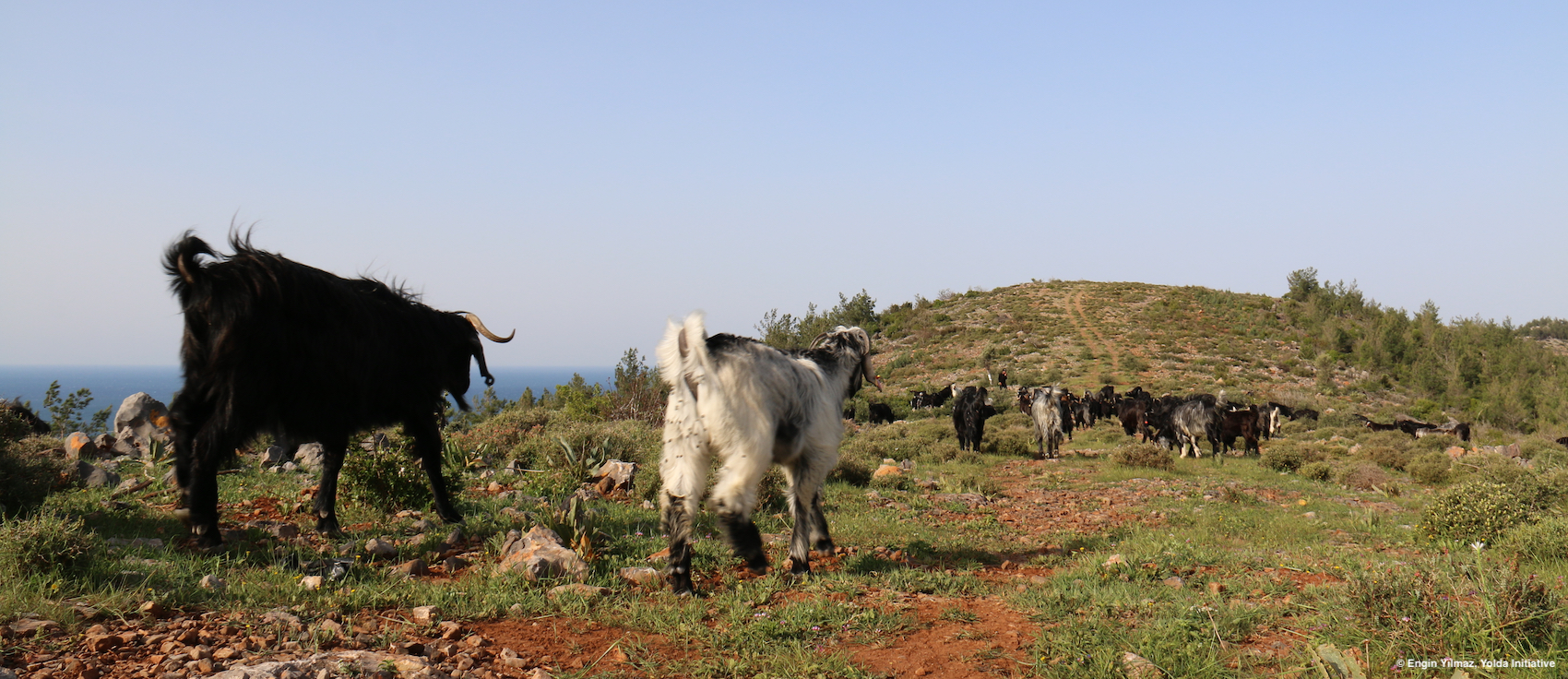The UN General Assembly has declared 2026 as the International Year of Rangelands and Pastoralists. This milestone, achieved with partners and the IYRP2026 Initiative, highlights the importance of cultural landscapes and pastoralism in biodiversity conservation and community wellbeing, driving continued efforts toward global collaboration and support.

The path to fairer and more sustainable food systems
The relationship between consumers and producers, alongside preserving traditional ecological knowledge, is vital for achieving sustainable and fair food systems. Advocating for a proper legal framework to support sustainable producers, as opposed to industrial systems, can impact regions and nations globally.

New Publication: Making way – Developing national legal and policy frameworks for pastoral mobility
A new publication from the FAO’s Pastoralist Knowledge Hub, “Making Way: Developing National Legal and Policy Frameworks for Pastoral Mobility,” has been released. Co-authored by Michael Odhiambo and Pablo Manzano, with contributions from Engin Yılmaz of Yolda Initiative, it aims to guide legal frameworks securing pastoral mobility.

AMNC Steering Committee Meeting
This November, AMNC partners gathered in the stunning Camargue, France, for a long-awaited in-person meet-up. Highlights included a capacity-building workshop hosted by Tour Du Valat, a bird-watching field trip, and a productive Steering Committee meeting, where future plans were strategized. We’re excited to continue growing together!

Sustainable Economies for Mobile Pastoralism
We concluded our “Sustainable Economic Model for Mobile Pastoralism” workshop, organized by the Yolda Initiative, Sarıkeçililer Survival and Solidarity Association, and I4D. Experts from various fields explored mobile pastoralism’s economic potential, discussing meat, dairy, cosmetics, and wool products, and developing sustainable, nature- and climate-friendly models. Thank you to all the participants!

Our Call to UNFCCC COP 26 Participants
As COP26 begins, it’s crucial to recognize mobile pastoralism as a pioneer in sustainable livestock production. It supports livelihoods, reduces fossil fuel reliance, and plays a vital role in mitigating the climate crisis. By fostering resilient ecosystems and carbon sequestration, mobile pastoralism is an essential pathway toward achieving global net-zero goals. Supporting this system is not only necessary for climate action but also for securing food for hundreds of millions who rely on it. Let’s ensure mobile pastoralists’ voices are heard in global climate debates and policies.


